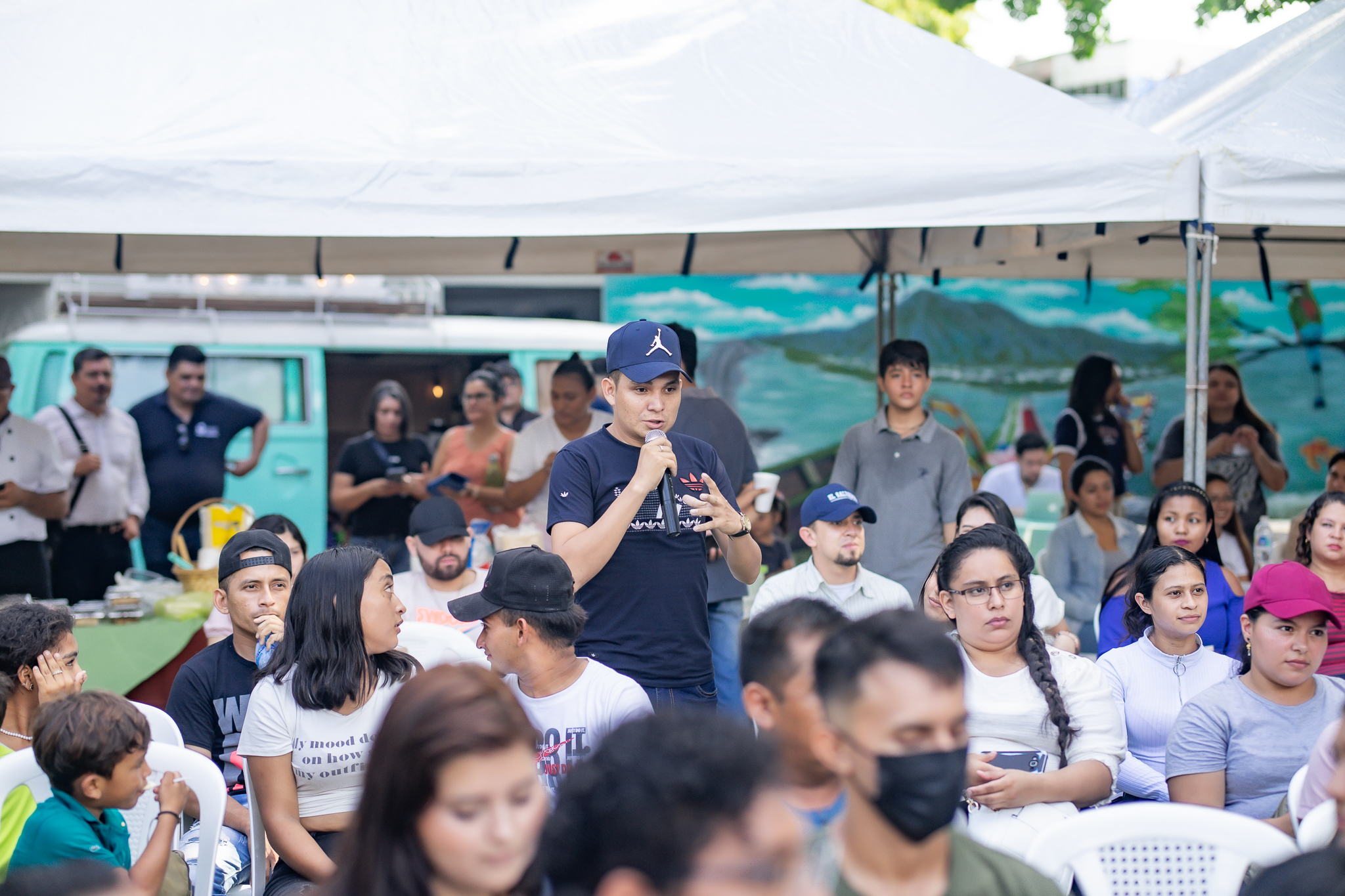Africa’s 2024 elections landscape: A mid-year stocktake

By Tayuh Ngenge, NIMD’s Strengthening Democratic Infrastructure theme lead
Announced as a super elections year (IPU), 2024 is a year of major electoral events, including in at least 17 countries in Africa. Halfway through the year, presidential elections have taken place in the Comoros (January), Senegal (March), Chad and South Africa (May). At least 13 more countries are expected to organise presidential elections between June and December where incumbents will either retain or cede power to newcomers.
The Comoros’ President Azali Assoumani and Chad’s President Mahamat Deby, both characters with a military pedigree, were re-elected amidst widespread and sometimes violent challenges to the results. Senegal elected Bassirou Diomaye Faye (44) as its youngest president ever – a stunning and most unpredictable outcome as just 10 days prior, he was a political prisoner and Senegal’s democracy on the precipice of collapse. Following unprecedented electoral losses last week, South African President Ramaphosa’s ruling African National Congress (ANC) party must now share power in its first-ever coalition government – a new test for South Africa’s political system and democracy. What do the national polls held so far tell us about the state of elections and democracy on the continent?
Elections in Africa remain complex and messy
In so far as ruling parties with a strong incumbency advantage suffered major losses, Senegal and South Africa’s elections still illustrate a victory for democracy.
Yet, Senegal’s vote— given the crisis and tensions around it— illuminates democracy’s fragility in contexts where it has often been taken for granted as consolidated. Retiring President Macky Sall’s political manoeuvring, presumably to unduly extend his tenure or at least influence the polls for the benefit of his ruling coalition’s standard-bearer almost ruined Senegal’s democratic track record. Like in Mali, Benin or Niger before it, Senegal thus shows the limits of Samuel Huntington’s “two turn-over” test for assessing the quality of a polity’s democracy. Above all, it tells us that democratic complacency—if one could say that— is a luxury we cannot afford.
Democracy—consolidated or not— is more than a prize to capture and sit back. Rather, we must understand it as a permanent process to constantly nourish and cater for even when, on the surface, there might be no imperative for that. The electoral situation painfully reminds us that more than 30 years after the third wave of democratisation, Africa’s democratic project remains a patchwork of progress and setbacks.
In fairness, more incumbents than before have ceded power following electoral defeat in recent times across Africa. Others have caved to the pressures of constitutional term limits. Yet, few African elections are crisis-free or meet international standards for democratic elections. More sophisticated forms of rigging have replaced yesteryears rudimentary practices of stuffing ballot boxes. Challenges to the outcome—albeit increasingly through courts than the streets— remain common, and in some cases still violent. High-stake winner-takes-all races like presidential elections are most problematic, and even more so in cases of so-called incumbent polls, where sitting presidents are also candidates.
As we turn to the second half of 2024 with 13 more presidential races looming, this unfortunate reality must give us pause—and for good reason. Over half of these races will unfold in contexts of extreme democratic fragility or where incumbents with authoritarian tendencies will be candidates. This includes Rwanda, Tunisia, Guinea Bissau, Somaliland, South Sudan, Guinea, and Algeria.
Return of the Coup
Africa is also witnessing the resurgence and normalisation of military coups with putschists who seem in no hurry to return to the barracks. Mali and Burkina Faso’s military leaders have indefinitely iced polls scheduled in February and July this year, promising a later date but have left no doubt about their intention to be candidates whenever that happens. It remains unclear, but very likely, that Guinea’s Colonel Doumbaya who recently minted himself as General will be a candidate in the December election. In Niger and Gabon, putschists are also running the show, while the DRC recently averted a coup attempt.
What to do
These grim prospects, not only in the remaining races but more broadly, underscore why, as democrats, we must double down on efforts to promote and protect democracy.
Fortunately, both South Africa and Senegal’s recent elections still provide some valuable lessons to take home in that regard. These include the power of a vigilant, informed and activist civil society, strong institutions (such as courts), and political parties. In both countries, one or more of these provided strong counterweights to assaults on democracy itself or values that underpin it, resulting in electoral losses for incumbent ruling parties responsible.
Senegal, for example, illustrates how fearless pushback from a strong civil society, resilient political opposition, and a courageous constitutional court was ultimately instrumental in triggering spectacular outcomes in a complex political and electoral context. On its part, South Africa demonstrates how an informed citizenry and a robust and resilient political opposition gradually chipped away the dominance of a once popular ANC, now mostly associated with corruption and inefficiency.
It is thus crucial to expand and strengthen support to these actors and institutions as vital change agents. This is precisely what NIMD is doing through its inclusive support to political parties in some of these contexts, for example Burkina Faso, Mali; and Somaliland whose presidential elections is schedule in November.
Similarly, in Burundi, which holds parliamentary elections next year and presidential elections in 2027, NIMD is equally tackling these challenges already. For example, it is building the capacity of political parties and civil society organisations to ensure they can address critical challenges and play a meaningful and constructive role in the anticipated elections.
For more on NIMD’s work on fostering strong democracies in Burundi, Somaliland, Burkina Faso, Mali and other contexts around the world, click here.

